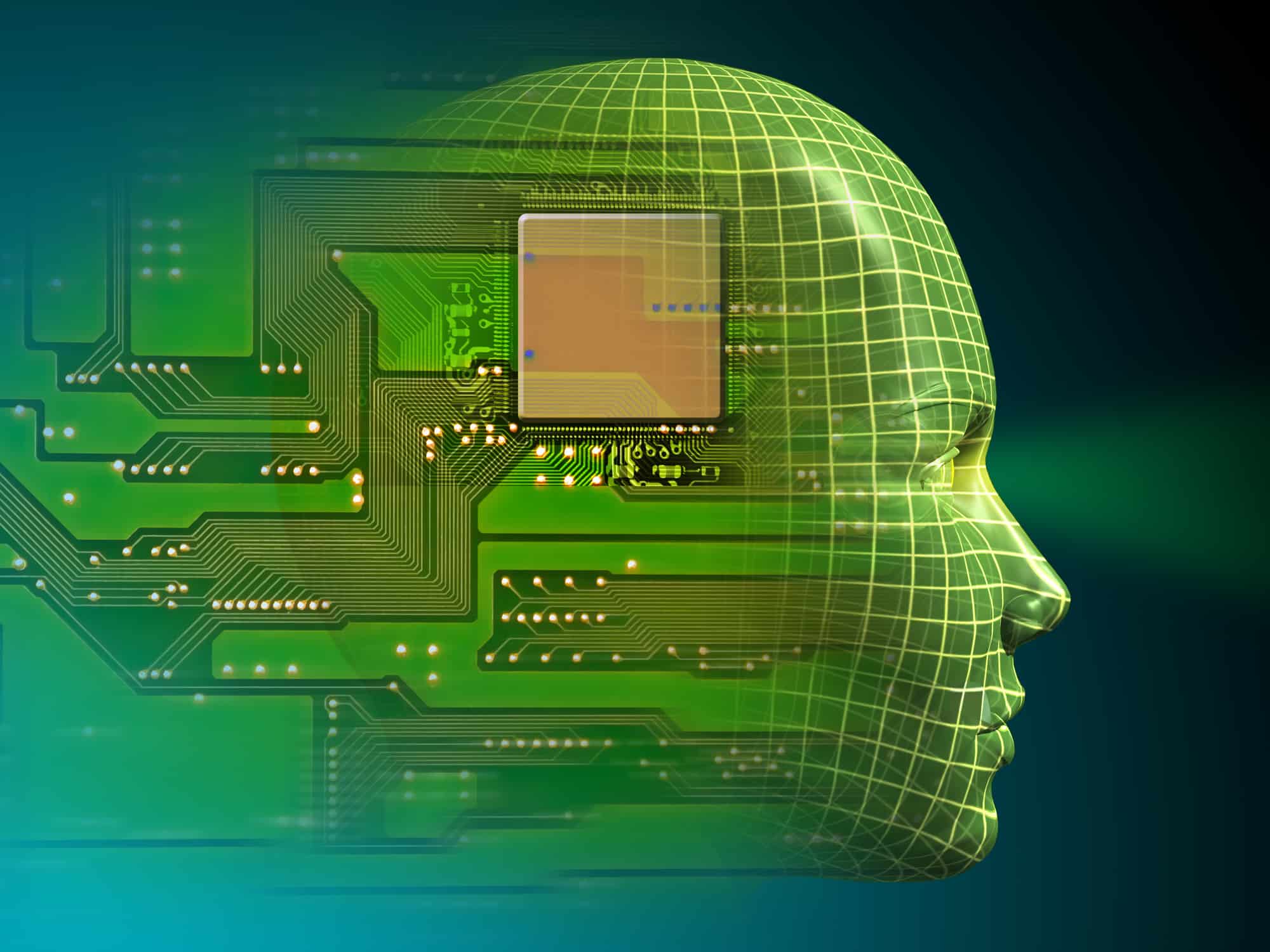The healthcare industry is under constant pressure to reduce costs and improve patient outcomes. Since artificial intelligence (AI) can process vast amounts of data at an unprecedented speed, while increasing efficiency without compromising accuracy, it is no surprise that it is revolutionizing patient care. EHRs that are optimized with AI technology can be used to provide smart diagnoses and identify diseases more quickly and accurately than ever before.
AI for EHRs
This technology also can significantly cut down on time spent reviewing electronic health records (EHR). In fact, a study published by pubmed.gov found that, “The AI system helped physicians extract relevant patient information in less time while maintaining high accuracy. This is particularly relevant in an era in which practitioners are confronting increasing volumes of EHR data and the loss of face-to-face interaction with patients.”
Patient Population Management Optimized by AI
Social determinants of health (SDOH) data is often siloed and hard to access, but AI can help overcome these barriers. SDOH factors such as poverty, housing, and food insecurity can have a profound impact on health outcomes now can be better tracked thanks to automation.
AI-based technologies, such as predictive analytics, can detect potential complications early on, providing more time for providers to respond proactively. Additionally, AI-powered robots are increasingly taking on administrative tasks, such as scheduling appointments and auditing records for accuracy, which frees clinic staff to instead shift their focus to work that improves the patient experience.
By utilizing AI algorithms and advanced data analytics, healthcare professionals can more accurately identify individual and population risk factors that contribute to negative health outcomes due to social disparities. Medical professionals are leaning more on these advanced tools to make sure that patients have access to the best possible outcomes in treatment.
Patient Engagement Enhancement Through AI
Another trend, AI chatbots, are a prime example of the push to expand convenient access to healthcare. AI chatbots allow doctors to provide 24/7 advice and guidance to their patients using sophisticated algorithms that help diagnose and personalize care plans for individuals quickly and accurately. Not only does this provide remote access for patients with limited access to healthcare, but it also saves time for both patients and providers.
The Ongoing Debate Over AI Efficacy in Healthcare
However, many healthcare professionals are divided on the use of AI. While some are optimistic that it can improve patient care and streamline processes, others remain leery of its potential risks. While AI will never replace the clinical knowledge or experience of a healthcare professional, it can be used to support more efficient and consistent human decision-making in patient care.
To ensure the fairness and accuracy of AI algorithms, it is critical that they are thoroughly tested and verified by experts. According to Isaac Kohane, head of Harvard Medical School’s Department of Biomedical Informatics, “We have to recognize that getting diversity in the training of these algorithms is going to be incredibly important, otherwise we will be in some sense pouring concrete over whatever current distortions exist in practice, such as those due to socioeconomic status, ethnicity, and so on.”
Data privacy and security is another concern. AI technology relies heavily on data for its successful operation—not only storing massive amounts of records, but also continually analyzing them, making assessments, and producing results. Therefore, secure, and private medical data must be adequately protected against any unauthorized access, manipulation, or exploitation lest a technology that is supposed to improve healthcare weakens its integrity. Clear guidelines and regulations, as part of the overall framework for incorporating AI, will help to ensure that patient confidentiality remains a top priority.
Conclusion: Finding the Balance Between Humans and AI for Maximum Benefit
With the right protocols in place, AI can be a valuable tool for healthcare providers, but it will never replace the human touch. Steven Lin, MD, from Stanford University’s division of primary care and population health, perhaps captured AI’s potential best when he stated, “For AI to add the most value and for patients and physicians to embrace it, it needs to support, not supplant, the patient-physician relationship … AI will be most effective when it enhances physicians’ ability to focus their full attention on the patient by shifting the physicians’ responsibilities away from transactional tasks toward personalized care that lies at the heart of human healing.”

Chad Anguilm
Chad Anguilm is Vice President of Growth at Medical Advantage, which is a national healthcare consulting firm serving independent practices, practice groups, Managed Services Organizations (MSOs), and health plans and is a subsidiary of the TDC Group, the nation’s largest physician-owned malpractice insurer. For more information visit the company’s website at medicaladvantage.com or contact Chad Anguilm directly at [email protected].







